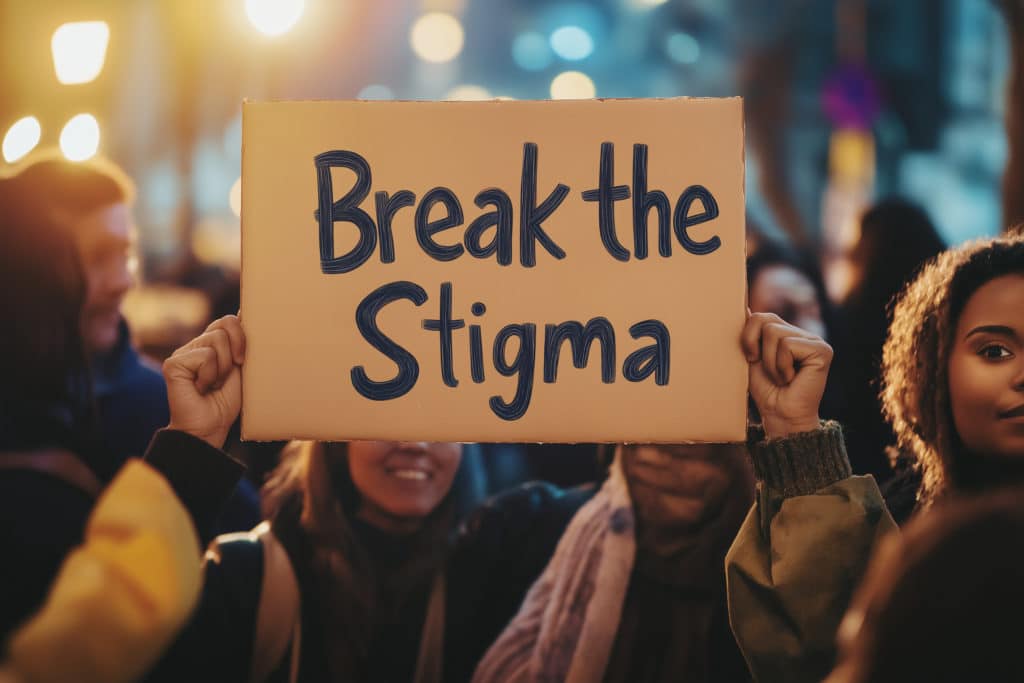Families are complicated. Our family of origin shapes our development for better or for worse. Who are we in our families?
It’s idealistic that a family should be a safe haven that shields, nurtures, challenges, and empowers us. Some fortunate people seemingly live in that ideal. How difficult to know the right amount of shielding, nurturing, challenging or empowering? If we’re shielded too much – we might feel scared and anxious of the world and the people, we meet. Too much nurturing can become overbearing and threaten our ability to be autonomous and self-sufficient. Does erring on challenging others in our families prevent us from becoming close to our family members and allowing them to see what we’re really needing?
Who are we in our families? Are we able to be ourselves in our family of origin and our chosen families? Or are there parts of ourselves that we hide, shelter, bury, protect, deny, fear, and mask from one family to the other? Do we have to act a certain way out of obligation? Or do we mask parts of ourselves in order to have a place to live, food to eat, or money for school, or childcare? How can we be our authentic selves when our basic needs our on the line?
What about the actual family dynamics within your families? We can be excellent communicators in our everyday lives and shut down within our own families. Why is that? Communication rarely stands alone. It’s layered and weighted with patterns and history that can at times hurt us at our core. What are the implications of combative, or demeaning, or passive communication on our emotional health?
Consider the parent who enables their adult child’s substance abuse and neglects their other children’s needs.
Or the parent who avoids seeing their grandchildren because of the way their son infantilizes them.
Think about the son who grows more distant from his siblings because they don’t travel to see him.
Consider the daughter who doesn’t trust her mother because she didn’t listen when she told her mom she was being abused by another family member.
These stressful interactions can cause maladaptive thought patterns that can lead to depression, anxiety, panic, trauma and more. Our mental health can prevent us from being in healthy relationships or motivated in school and work. It can impact how we take care of ourselves and others.
Therapy can closely examine family dynamics with you individually or with other family members. A therapist can bring to light unhealthy patterns and behaviors and empower you to embrace new paths that lead with congruent communication, setting boundaries, and self-confidence. If that seems out of reach, know this. Each week a therapist can help you practice those skills during weekly sessions. And if it feels like some things or beyond repair, therapy can help you with the grief and loss process as well. Your thoughts and feelings matter. If you feel ready to share part of your story, a therapist can help you unpack it slowly each week.
Stay Updated With The Most Recent News & Blogs From Soultenders.
Get blog articles and offers via email







